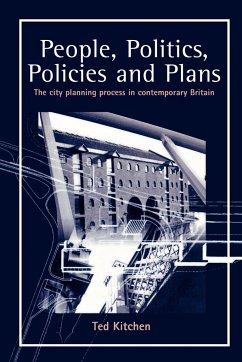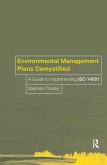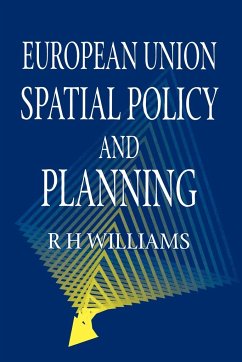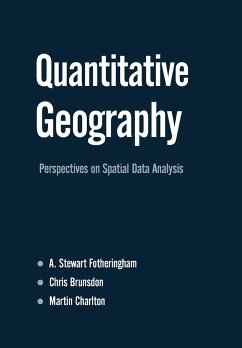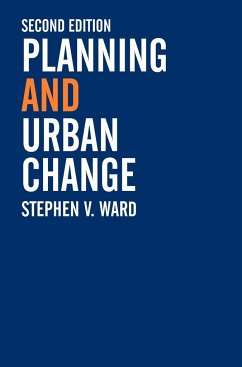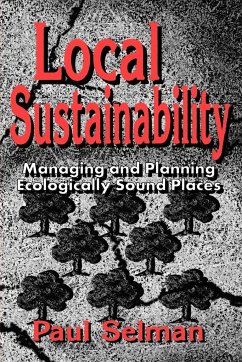This is the first substantial book written from first-hand experience by a British planning practitioner, about what the planning process is actually like in a major British city. The city in this case is Manchester, for which authority Ted Kitchen worked from 1979 to 1996. The book looks at how the elements in the making of planning decisions interact. Its primary purpose is to illuminate the complex workings of the planning process in the real world. As well as considering the basic tools of development plan-making and development control used by the planning process, the author looks at the actors - planning staff, elected members and the other main groups of customers of the planning service - and at the major fields of activity with which the planning process engages. These include the need to improve the economic base of the city; the problems of planning in the inner city; transportation issues; and attempts to move towards more sustainable urban policies and practices. Much of this material is controversial, and most of it is presented in case study format. The author deals fully with matters that show the interactions between the professional work of the planning staff and the operation of the political process. The book shows how processes of urban regeneration were tackled during a period when the city of Manchester was experiencing a renaissance in many elements of its economic life. Many of these processes, such as the city's bids for the 1996 and 2000 Olympic Games, were high-profile activities which strengthened the city's image in the wider world. At the same time, the living circumstances of many people worsened, particularly in the inner city. Policy development struggled with this tension, as well as with others such as the challenge to the dominant economic regeneration model posed by the emerging issue of urban sustainability. The author turns an insider's eye on the processes of policymaking at work in this situation; and the planning service is shown grappling with a difficult policy agenda and a difficult political situation in a period of diminishing resources.
Hinweis: Dieser Artikel kann nur an eine deutsche Lieferadresse ausgeliefert werden.
Hinweis: Dieser Artikel kann nur an eine deutsche Lieferadresse ausgeliefert werden.

